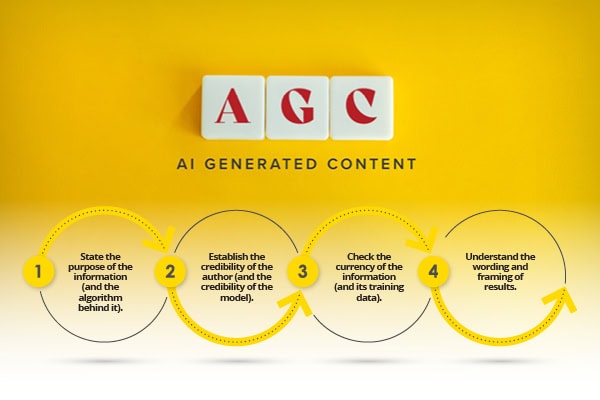Most artificial intelligence (AI) technologies are not developed based on the needs of students with special needs, putting those students at a potential disadvantage academically as the use of AI in education expands faster than many experts predicted. Education Week reports this finding comes from “AI & Accessibility in Education”—released Sept. 16 by the Consortium for School Networking, which represents school district tech leaders, and CAST, a group that advocates for universally accessible educational materials.
The report recommends these actions to create more inclusive and safe AI learning environments:
- Short-term, educators must understand what AI is, how it functions, and how to use it responsibly.
- Medium-term, expert guidance – internal or from outside sources – is needed on how to use AI effectively and appropriately. Guidance should ensure that special education is specifically part of the discussion.
- Long-term, a culture of accessibility and inclusivity is a difference maker. Strategies teachers use for special education students are transferable — also helpful for general education students.
AI can be used more effectively to benefit special needs students, according to the report:
- AI has “greatly improved” assistive technologies, such as text-to-speech software and speech recognition systems. Bruce Alter, an assistive technology consultant for the Tigard-Tualatin and Woodburn school districts in Oregon, has started testing an AI-integrated “augmented and alternative communication” tool to help him interpret the speech of a student with cerebral palsy.
- AI automates grading, attendance tracking, and lesson planning — giving teachers more time to work one-on-one or in small groups with students.
One challenge: many generative AI tools are not designed with diverse learners in mind, according to the report. If an AI grading tool evaluates written responses based on standard grammatical and stylistic norms, it might penalize students with disabilities such as dyslexia, who may struggle with spelling and grammar. These students could receive lower grades, even if they understand the material.
Another challenge: AI tools often require personal data to operate effectively. This includes sensitive information about students’ disabilities, which schools do not want to fall into the hands of hackers or other bad actors online, the report says.
Bottom line: school districts need better AI planning, for the present and the future, for students with special needs.
Education Week





